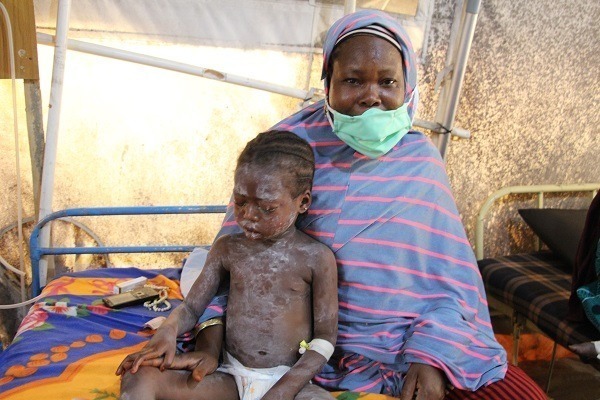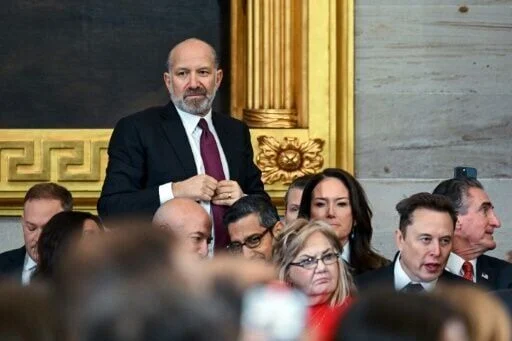The admissions for measles cases at Médecins Sans Frontières (MSF) facilities in Maiduguri, Northeast Nigeria, experienced a notable surge from October to December 2023, reaching unprecedented levels. Despite concerted vaccination efforts, this concerning trend necessitates an urgent reinforcement of routine immunization campaigns.
In the year 2023, MSF teams attended to a total of 9,618 patients afflicted with measles across their healthcare facilities, including Gwange Paediatric Hospital and Nilefa Kiji nutrition hospital, as well as in MSF-supported primary healthcare (PHC) centers in Maiduguri. Abdulwahab Mohamed, MSF’s medical coordinator, expressed surprise at the substantial influx of patients, especially towards the year-end, with 3,965 cases treated between October and December, nearly tripling the figures from the corresponding period in 2022.
Dr. Jombo Tochukwu-Okoli, the MSF Medical Activity Manager at Gwange Paediatric Hospital, attributes this alarming surge in cases to the failure of public health stakeholders to attain the requisite 95% vaccination rate necessary to contain measles. He points to challenges faced by health workers in reaching rural communities surrounding Maiduguri due to security concerns, which have hindered vaccination campaigns.
The obstacles to achieving higher vaccination coverage extend beyond security issues. The disruption of routine childhood vaccination during the Covid-19 pandemic has disrupted healthcare systems, adversely affecting the implementation of routine immunization campaigns. Furthermore, technical complications have led to interruptions in the cold chain, compromising the efficacy of vaccines.
The measles outbreak coincides with an unprecedented surge in diphtheria cases in Northern Nigeria and an extended malaria season. The diphtheria outbreak, with over 24,500 suspected cases and 600 reported deaths since its declaration in January 2023, underscores the significant setbacks in routine immunization programs and the lack of sustained efforts to improve vaccination coverage in the country.
Maryam Umar’s personal experience highlights the gravity of measles. After losing her son to the disease in 2021, Maryam wasted no time in seeking medical help when her youngest daughter contracted measles last year. She brought her to Gwange hospital, where MSF staff operate dedicated wards for measles treatment. Fortunately, her daughter recovered after a week of oxygen therapy.
Measles, being highly contagious, swiftly infiltrates the immune system, spreading rapidly throughout the body and affecting the respiratory system, leading to coughing that facilitates transmission to others. Dr. Tochukwu-Okoli underscores the gravity of the situation, noting that one infected child can transmit the virus to between 9 and 12 unvaccinated children.
The aftermath of measles can be severe, with long-lasting complications that leave children vulnerable to other diseases, particularly diarrheal illnesses. Dr. Tochukwu-Okoli expresses concern about the link between measles and malnutrition, as the virus exacerbates malnutrition by affecting the gastrointestinal lining, leading to diarrhea that hampers nutrient absorption and further compromises immunity.
In regions like Northeast Nigeria, where access to nutritious food is limited, measles and other factors contribute to heightened levels of malnutrition, creating a vicious cycle of disease and immune suppression. The precarious security situation, coupled with funding cuts and neglect of public health infrastructure, exacerbates the crisis. MSF warns international and national stakeholders not to ignore the looming humanitarian crisis in 2024, characterized by vaccine-preventable outbreaks and escalating morbidity




